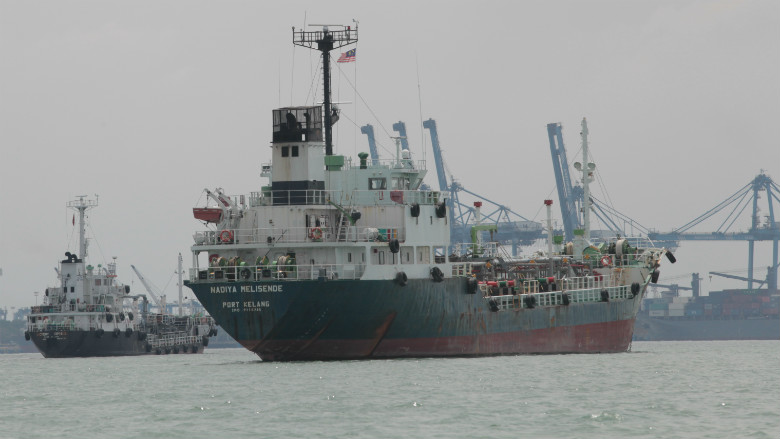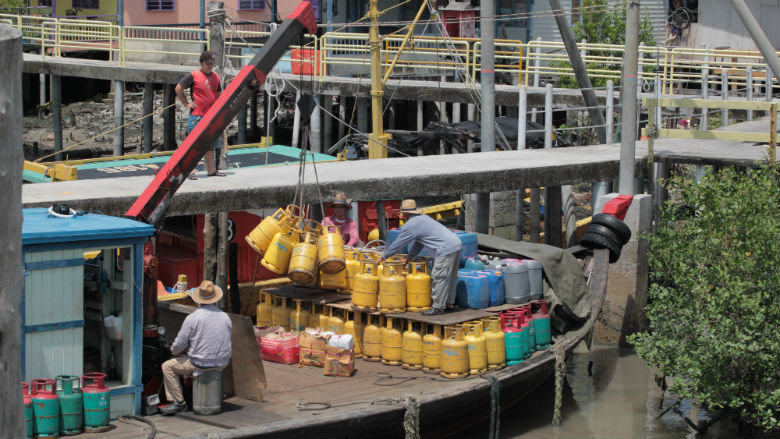Kuala Lumpur, Malaysia – Logistics, trade facilitation and competitiveness are at the forefront of policy discussions in Malaysia. With about 40% of jobs linked with export activities and a trade to GDP ratio of 148% (from 2010 to 2014), trade has been the engine of Malaysia’s growth in the last four decades.
As a result, policymakers naturally strive to capitalize on the country’s strengths and further improve by learning from international and regional best practices. Major players in the Malaysian logistics and trade industry from the private and public sector hope to foster a close working relationship with the World Bank Group to further improve on the country's performance and competitiveness in logistics and international trade. The industry players conveyed this to the staff of the World Bank at the International Trade and Logistics Workshop which was organized by the World Bank Group Global Knowledge and Research Hub in Malaysia earlier this year. The event was held in collaboration with the National Logistics Task Force (NLTF) of the Malaysian Ministry of Transport.
"We hope to learn more from the World Bank Group. The logistics sector is important as it supports all sectors of the economy, facilitates trade, reduces the cost of doing business and contributes to enhancing productivity and efficiency of the economy," Gan Thye Heng, Chief Executive Officer (CEO) of NLTF said during the workshop.
The recent workshop focused on the methodologies underlying the World Bank’s Logistics Performance Index (LPI) and the Doing Business Trading Across Borders Indicator, and included a discussion on Malaysia's performance in comparison to other countries. Valentina Saltane, Private Sector Development Specialist and Dorina Georgieva, Operations Analyst from the Doing Business team presented on the methodology of the Logistics Performance Index and the Doing Business Trading Across Borders indicators.
"Many factors determine a country's logistics performance including infrastructure, regulations, policies, geography and political economy. Policymakers will be able to use the LPI to gauge the performance of their country in comparison to its peers in terms of moving goods between countries and connecting with global supply chains. They will also be informed about areas that need improvement," said Saltane.



